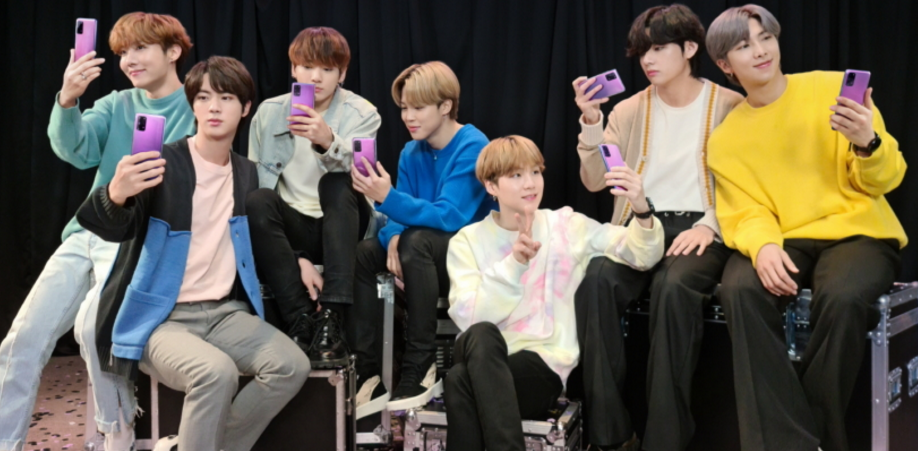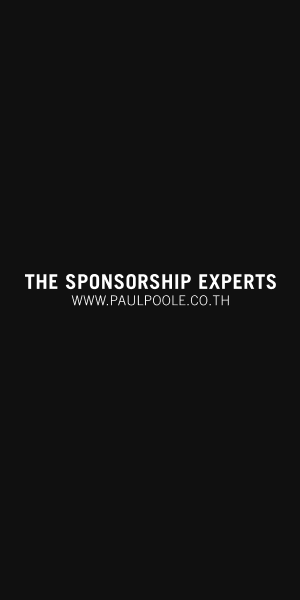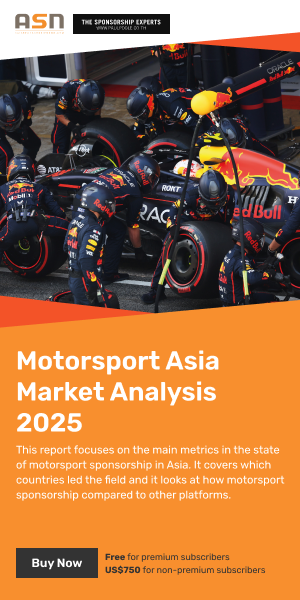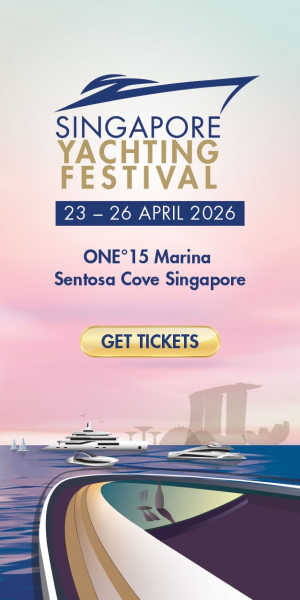Register
to get articles and more to your inbox
News & insights
Archive
Directory
How Brands Are Banking On K-Pop Partnerships

The global popularity of K-Pop has obviously made it attractive for major Korean brands to piggyback on its rise. Let’s take a look at some of the most eye-catching collabs so far.
Considered by many to be one of Asia’s biggest cultural exports, K-Pop is not only one of the world’s fastest growing music phenomenons, it is one of its most lucrative industries. In fact, BTS, the biggest boy band in the world, is reportedly worth over US$4.5bn to South Korea’s economy, 0.3% of its total GPD.
Beyond the usual modes of revenue such as ticket sales, music downloads and merchandise, sponsorship has turned out to be a cash cow for the the industry. And, given their massive footprint across the globe, there’s a long waiting list of brands keen to get into the game.
With branded content increasingly influenced by global trends, it’s not surprising to see the intersections between ad and actual music videos merge, as you’ll notice from this list.
Let’s start with BTS, the first band to have three No. 1 albums in under a year since the Beatles. Keen to bank on their global popularity, Hyundai made the band its global brand ambassadors in 2018. And to mark World Environment Day this year, the carmaker milked it with a special video for BTS fans.
Korean Air has infused some K-Pop magic into their safety video with some help from Super M, a super-group made up of some of the most successful boys band members from the genre. Set to the track of their hit single “You Can Go Anywhere”, it sees the lads alongside K-Pop icon BoA making their way through a futuristic airport en route to a flight. . On its release last year, the airline said it wanted to ”contribute to the spread of K-pop and Korean pop culture around the world”.
Starring boy band NCT 127, “Taste the Feeling” is part ad, part music video. A K-Pop edition of Coca-Cola’s signature song, snippets of the brand surface throughout the ad, including them spray painting a mural and quenching their thirst from its iconic bottle.
Samsung has became the mobile brand of K-pop afficionados through its partnerships with all-girl group Blackpink and BTS.
Early this year, Samsung teamed up with Blackpink to successfully launch its Galaxy A80 mobile while striking a deal with BTS, which includes backing the pop sensation’s snazzy CONNECT campaign
However, not all K-Pop partnerships are successful, the South Korean government is blaming K-Pop for a rise in underage drinkers due to the prevalence of female celebs endorsing alcohol brands.
In 2014, K-pop star IU became the face of Chamisul Soju at the age of 21, while actress and television presenter Lee Hyori was the face of Lotte Liquor’s Chumchurum. Irene of K-Pop girl group Red Velvet replaced IU as Chamisul’s main model in 2018.
Despite its concerns, the South Korean government has yet to ban K-Pop stars from endorsing alcoholic drinks, a lucrative goldmine with celebrities reportedly earning up to US$16.8m a year from such deals.
And it’s not just brands that are behind K-Pop ads. As a testament of the massive popularity of K-Pop stars, dedicated fans have actually raised money to buy advertising space in Korean train stations to celebrate their favourite stars’ birthdays, comebacks or anniversaries. In 2019, Seoul Metro put up 227 ads for BTS, 165 for EXO, 159 for Wanna One and 127 for NCT.
As K-Pop invasion takes off across the world, we can expect more brands riding on its bandwagon.










